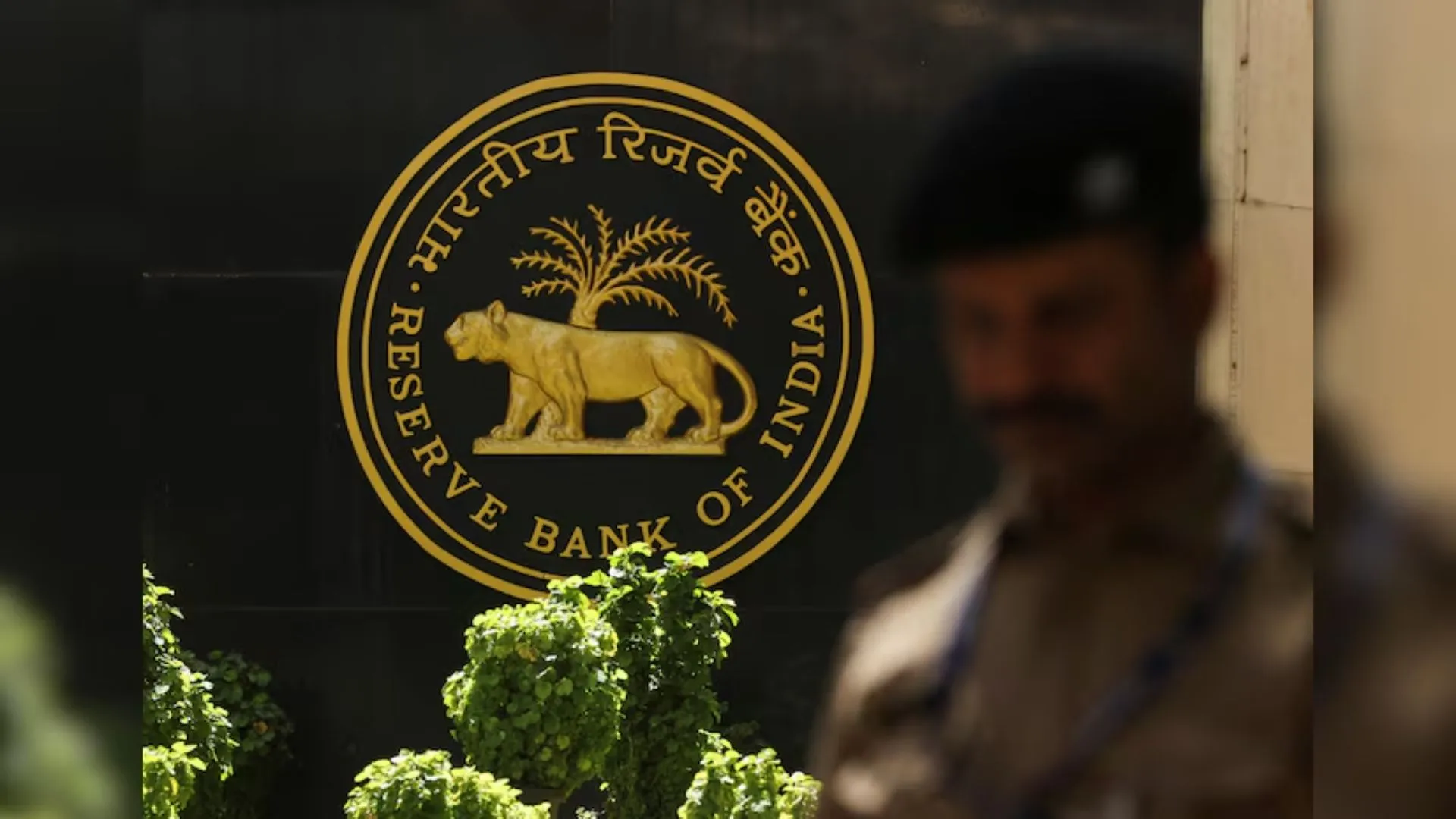The Reserve Bank of India (RBI) has imposed a monetary penalty of ₹75 lakh on HDFC Bank, the country’s largest private-sector lender, for failing to comply with the central bank’s Know Your Customer (KYC) guidelines. The RBI issued an official statement on Wednesday, confirming the violation of its KYC master direction by the bank.
Why Was HDFC Bank Penalized?
The penalty was imposed after a detailed review of HDFC Bank’s response to an RBI showcause notice regarding non-compliance with KYC norms. Despite the bank’s explanations, the RBI concluded that the charges were valid and required a monetary penalty.
According to the RBI’s findings:
- The bank failed to categorize customers into low, medium, or high-risk categories based on its assessment and risk perception.
- Multiple customer identification codes were assigned to certain customers instead of issuing a Unique Customer Identification Code (UCIC) for each individual.
These shortcomings were identified during a statutory inspection of the bank, conducted by the RBI to assess HDFC Bank’s financial position as of March 31, 2023.
Process Leading to the Penalty
Following the inspection, the RBI issued a supervisory notice to HDFC Bank, highlighting instances of non-compliance and requesting an explanation. Despite reviewing the bank’s response and additional submissions, the central bank determined that the violations were significant enough to warrant a penalty.
The RBI emphasized that the penalty was imposed due to deficiencies in regulatory compliance and does not question the validity of any transactions or agreements between the bank and its customers. The central bank also clarified that this action does not prevent further regulatory steps against HDFC Bank if required.
HDFC Bank’s Financial Performance Amid Regulatory Scrutiny
Despite this regulatory setback, HDFC Bank posted a year-on-year growth of 2.2% in its standalone net profit for the third quarter of FY25, amounting to ₹16,736 crore. However, on a quarter-on-quarter basis, its net profit was slightly lower than the ₹16,821 crore recorded in Q2FY25.
- Interest earned by the bank rose 7.6% year-on-year to ₹76,007 crore.
- Interest expenses increased 7.7% year-on-year to ₹45,354 crore in the same quarter.
Looking Ahead
While the ₹75 lakh penalty is a relatively minor financial impact for a bank of HDFC’s scale, it underscores the RBI’s strict stance on regulatory compliance. The central bank continues to emphasize the importance of robust KYC procedures to prevent fraud, money laundering, and financial irregularities.
As regulatory scrutiny tightens, banks across the sector are expected to strengthen their internal compliance mechanisms to avoid penalties and reputational damage in the future.




